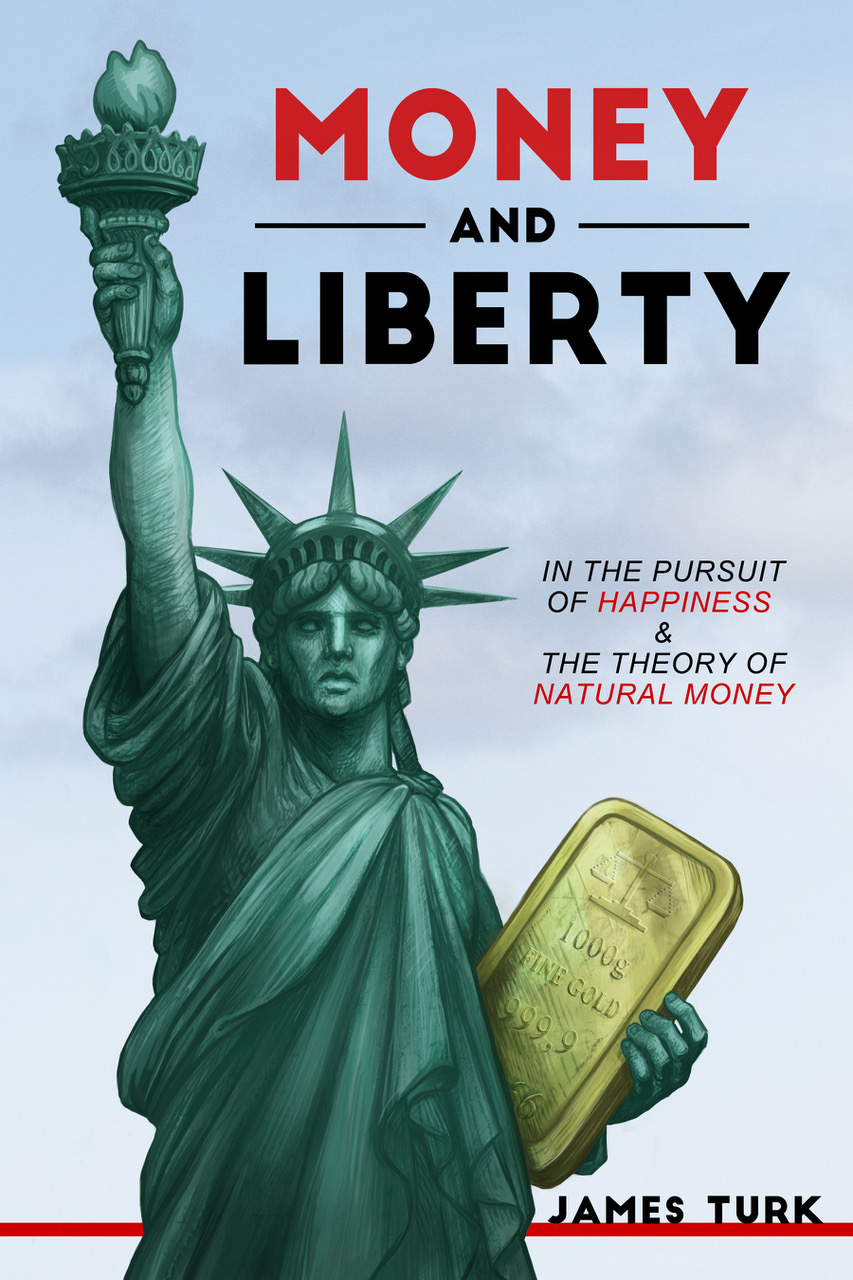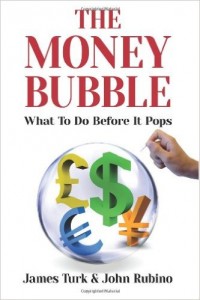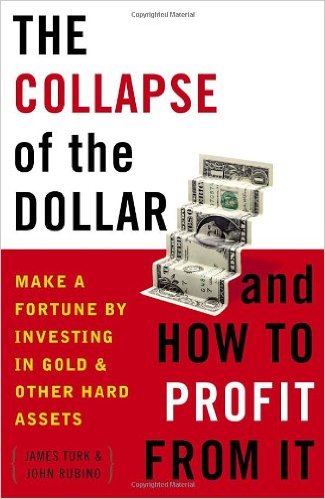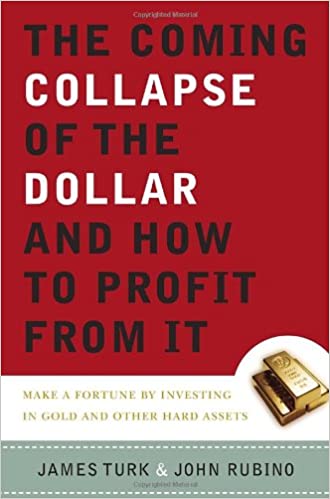Despite, numerous enlightening contributions by the Austrian school of thought towards ‘mainstream economics,’ it is thought by many as a heterodox approach to economics (lying outside the mainstream). This is possibly due to its repudiation of popular concepts like aggregate macroeconomics, and econometrics.
A School of ‘Thought’ in Every Sense
Both of the above facts, are aspects of the Austrian school of thought, that emerge from its extraordinarily unconventional approach to the subject. Unlike the classical, and neo-classical schools, the primary focus of Austrian Economics on the qualitative analysis of the individual and their decisions. For this reason, it has been widely referred to as economics based on ‘methodological individualism.’
What is most interesting about this approach is the use of thought experiments to arrive at conclusions about economic phenomenon and causality.
As the Mises Institute explains:
economics is not about the amassing of data, but rather about the verbal elucidation of universal facts (for example, wants are unlimited, means are scarce) and their logical implications.
Fundamental Principles
Grounded in certain libertarian principles, Austrian Economics is a system of thought centred around the individual consumer. The earliest thinkers that can be identified with this school of thought, known as the Late Scholastics of the fifteenth century, were strong supporters of Laissez Faire ideologies of minimal government intrusion in an economy.
In more recent times, Ludwig von Mises (one of the most influential Austrian thinkers of the 20th century), went to the extent of suggesting that: the first job of an economist is to tell governments what they cannot do.
It was this line of thought paved the way for some ground-breaking insights, like the Austrian theory of the business cycle, the theory of diminishing marginal utility, and Carl Menger’s theory of money and prices.
Briefly explained below, are the explorations and insights made by the Austrian approach on these areas.
Key Insights
Business Cycle
This is believed to be a cornerstone of the expansive Austrian school of thought. The amalgamation of a multitude of fundamental Austrian ideas in the emergence of this theory, elevates its importance within the subject. In very brief, this refers to the Austrian idea that recessionary phases in the economic cycle are the result of government failure.
As Investopedia explains:
the Austrian theory argues that government attempts to stimulate economies and shorten recessions are ineffective and counterproductive.
The government’s monetary control, with interest rates, is what is most critiqued. Interest rates are believed to play a pivotal role in resource allocation over time, and thus, are believed to be have drastic negative consequences, when ineffectively utilized.
Diminishing Marginal Utility
Austrian economics, framed by Ludwig von Mises as the ‘logic of human action,’ is the birthplace of this well-established theory. It is only natural that a school of thought that is centred around the behaviour of the individual consumer, made this breakthrough.
Essentially, this is the encapsulation of the idea that, human beings value additional amounts of an entity (either tangible or intangible), less and less, the more they have of it. This is a very intuitive phenomenon, that one is likely to have encountered countless times in one’s own life. For example:
Theory of money and prices
This is an explanation of money as a natural phenomenon arising out of markets. While the conventional analysis of money in economics involves treating it as a phenomenon independent of market forces, and defined by its own properties, Austrian Economics inquisitively probes the nature of money with demand and supply analysis.
This line of analysis leads to a theory of money where, it is believed that government control over it, through monetary policy and the use of fiat currency distorts the effective natural functioning of money.
In the words of F. A. Hayek in his book, ‘Denationalisation of Money’
“so long as the management of money is in the hands of government, the gold standard with all its imperfections is the only tolerably safe system.”







 My objective is to share with you my views on gold, which in recent decades has become one of the world’s most misunderstood asset classes. This low level of knowledge about gold creates a wonderful opportunity and competitive edge to everyone who truly understands gold and money.
My objective is to share with you my views on gold, which in recent decades has become one of the world’s most misunderstood asset classes. This low level of knowledge about gold creates a wonderful opportunity and competitive edge to everyone who truly understands gold and money.
